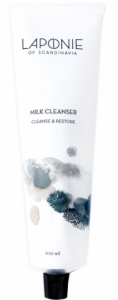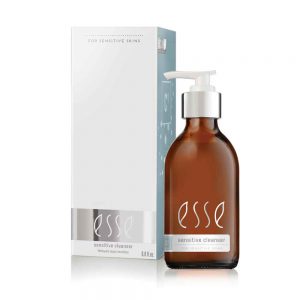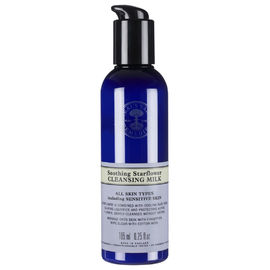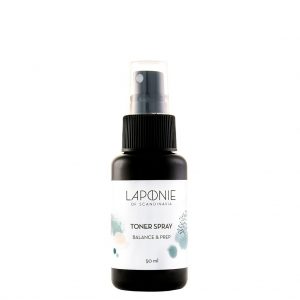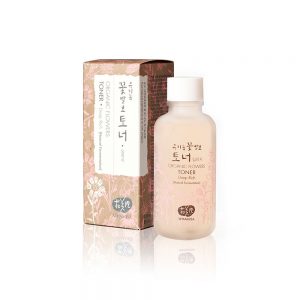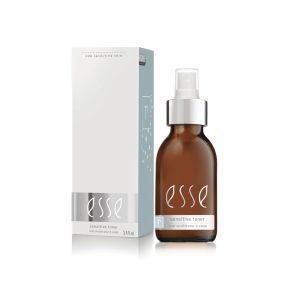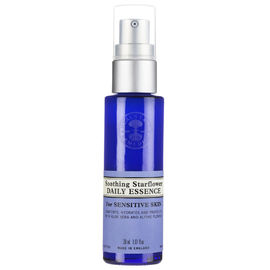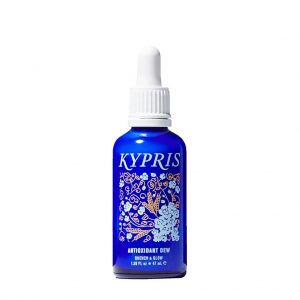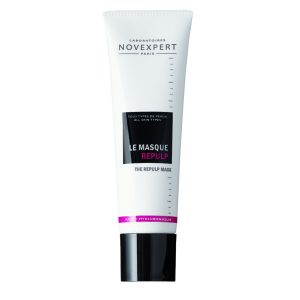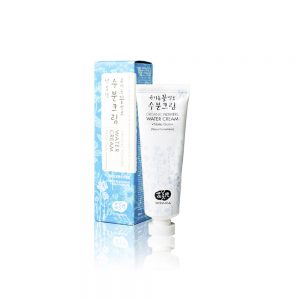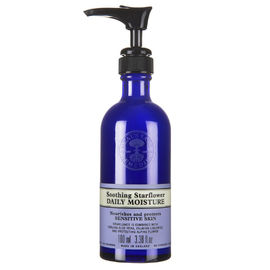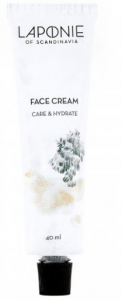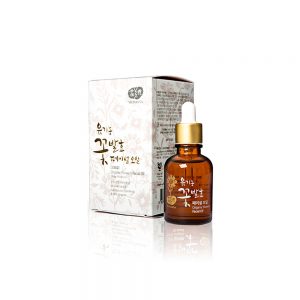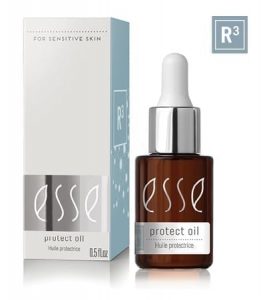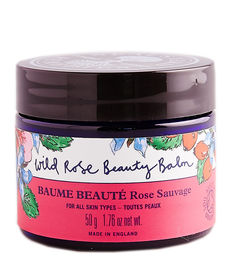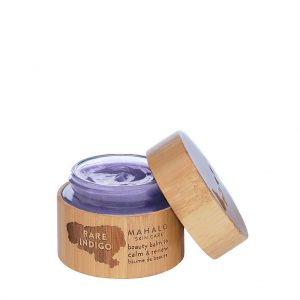Recognizing your skintype and its needs is the foundation of a successful skincare recipe. In this section I’ve covered the most common skin problems. Let’s troubleshoot together: I’ll share my best tips and product recommendations.
Acne
Healthy aging
Atopic dermatitis
Perioral dermatitis
Pigmentation
Rosacea
Atopic dermatitis
In atopic dermatitis, or atopic eczema, the skin loses a lot of moisture and it also lacks natural oils. A person with atopic eczema usually has a very sensitive, thin and dry skin. The symptoms include extreme dryness and scaly, itchy, red and cracked skin. If the skin is inflamed, it may even leak interstitial fluid.
Atopy is often hereditary, but usually it also involves an imbalanced gut. The symptoms often get worse in late autumn already and begin to alleviate only in late spring. During the summer, atopic dermatitis may show no symptoms at all. Humid, warm air and sunshine alleviate the symptoms, but dry air, wind and cold temperatures make them worse. If you suffer from persistent atopic eczema, you should absolutely treat your imbalanced gut, too.
In treating atopic dermatitis, the most important thing is to increase the amount of moisture and natural oils on the skin. You should choose either a cleansing oil or cleansing milk as your cleanser. Use plenty of toner, applying several layers by patting it into the skin with your hands according to the method presented in part 2. The more moisture you can get your skin to retain, the easier it will be to ease the symptoms. You can also use a serum to treat atopic skin, taking into consideration the skin’s sensitivity. A serum that contains prebiotics and probiotics is usually suitable even for the most sensitive skin, if the serum base contains no activating ingredients. Prebiotics and probiotics help in correcting the bacterial balance of the skin that often in atopic dermatitis has too low levels and lacks diversity. In addition, you can use a moisturizing serum on the skin if you have no particular problems with skin sensitivity.
The moisturizer can be a thin and highly moisturizing one, particularly during the summer months, but you should always also use face oil. The face oil strengthens the intercellular lipid mortar in the stratum corneum, the outer layer of the skin, in this manner preventing moisture loss, protecting the skin, and helping in reducing inflammation. In the autumn, it is advisable to start using a richer moisturizer that is then continued until late spring. During very cold weather, you should use a very rich and protective cream. In addition, the skin should be protected from the cold by using either a foundation, a BB cream or a CC cream.
If you have atopic dermatitis, you should exfoliate your skin very rarely, only once a month maximum, if even that. Exfoliating every three months may be more than enough. You should never use a mechanic scrub. The best choice for atopic skin is a grain-free enzyme peel or a clay-based micro scrub. There are different degrees of atopic eczema, and you should remember that it is not a skin type but a skin problem that shows constant symptoms for some people and for others appears only every now and then. This is why there is no one rule of thumb for how you should treat your skin. Sometimes you can use a mild fruit acid peel on atopic skin every now and then. The most important thing is to learn to know your own skin and to find the best way to care for your skin by trying out different things. However, if the skin is very sensitive, it’s good to remember that products that activate the skin most likely will also make the symptoms worse.
